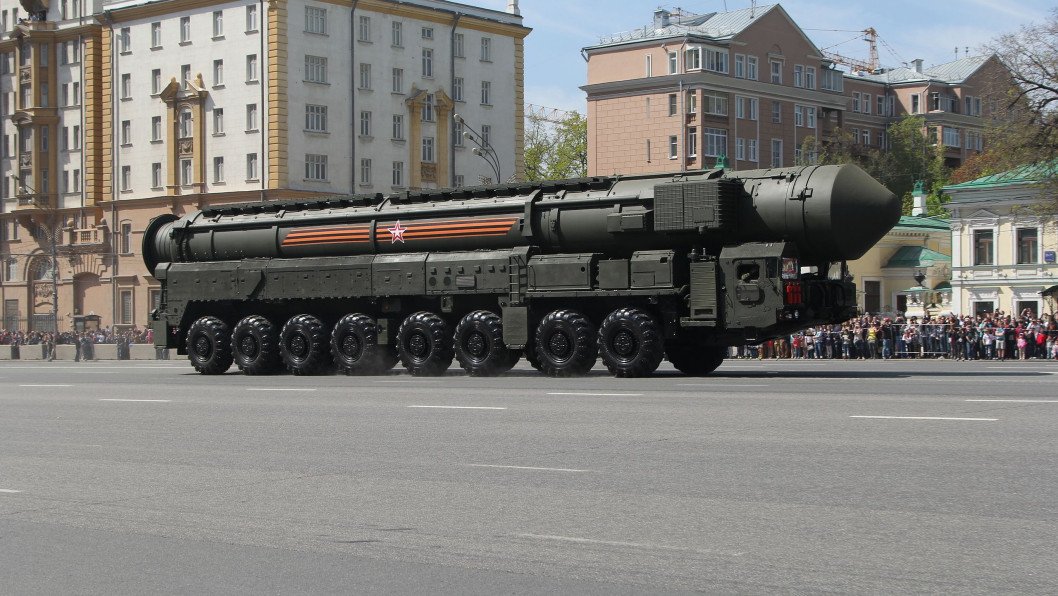- Category
- Latest news
Russia to Launch This Intercontinental Nuclear-Capable Missile Overnight, Ukraine Intelligence Warns

Russia is preparing to conduct a launch of its RS-24 Yars intercontinental ballistic missile (ICBM) as part of a strategic forces training exercise, according to the Defense Intelligence of Ukraine (HUR). The launch is reportedly scheduled for the night of May 19, 2025.
According to HUR, the missile will be launched from a mobile ground-based launcher by personnel of the 433rd Regiment, part of the 42nd Division of Russia’s 31st Strategic Missile Army. The launch site is located near the town of Svobodny in Russia’s Sverdlovsk region.
The missile will be equipped with a non-nuclear training warhead. Ukrainian intelligence suggests the purpose of the launch is to exert demonstrative pressure on Ukraine, as well as on NATO and European Union member states.

The RS-24 Yars is a three-stage solid-fuel missile with a range exceeding 10,000 kilometers. It can carry multiple independently targetable nuclear warheads and is designed for high survivability, with capabilities for both silo-based and mobile deployment.
The system has been in service with Russia’s Strategic Missile Forces since 2009 and is a modernized successor to the Topol-M platform.
Russia regularly conducts training activities involving the Yars system, using such exercises to underscore its long-range strategic capabilities. The planned May 19 launch comes amid heightened regional tensions and ongoing hostilities in Ukraine.
Earlier, satellite imagery analyzed by Defense Express revealed Russia preparing its R-30 Bulava intercontinental ballistic missile, a key component of its nuclear triad.
The missile, designed for Borey-class submarines, can carry multiple warheads and has a range of up to 9,300 km. Ukrainian intelligence reported a recent Bulava test failure, contradicting Russian claims of success.
-21d0b63c17f6020e4df75f6c6f9a2f4f.jpg)



